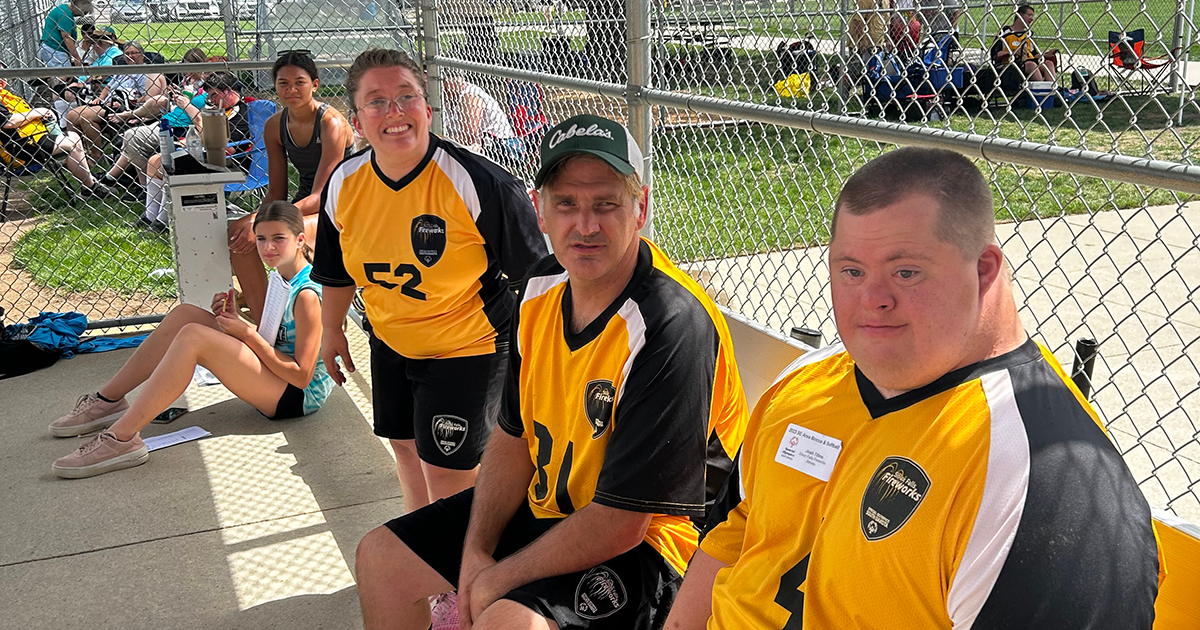Unified Sports program provides an opportunity for people with intellectual disabilities to be included on teams with people without disabilities who are of approximately the same ability level and age. The principle of ability and age grouping is fundamental to Special Olympics. It leads to meaningful inclusion of people with intellectual disabilities on teams, a chance to be contributing teammates, and the potential to make friendships with people from whom they have traditionally been segregated.
Unified sports programs are springing up in communities worldwide through parks and recreation departments, civic organizations, private and public schools, colleges, group home agencies, state institutions, corporations, bowling proprietors, running clubs and other sports organizations. There are a few basic principles and practices which make Unified Sports work:
Ability Grouping – The more similar the skill level of all athletes on a team, the greater the chance each athlete will play a valued and meaningful role on that team.
Age Grouping – The smaller the age range of all participants, the greater the chance that age-appropriate sport selection, friendships, and activities on and off the field or court will occur.
Training – Teammates are required to practice together on a regular basis. This results in skill development, improved teamwork, better fitness, and camaraderie created by working towards a common goal.
Competition – Teams should have many opportunities to test and display their skills in competitions. Unified Sports rules are similar, with minor modifications to the sports rules commonly used by schools and community sport programs. Participation on a Unified Sports Team facilitates transition into other community and school sports activities. GOALS OF UNIFIED SPORTS 1. To assist agencies and school systems in offering sports programs that include athletes with and without intellectual disabilities on the same team. 2. To provide team sports opportunities to individuals with intellectual disabilities who are not presently involved in sports, especially those with intellectual disabilities who may be sensitive to participating in traditional Special Olympics sports, and those in communities where there are not enough Special Olympics athletes to conduct team sports.


